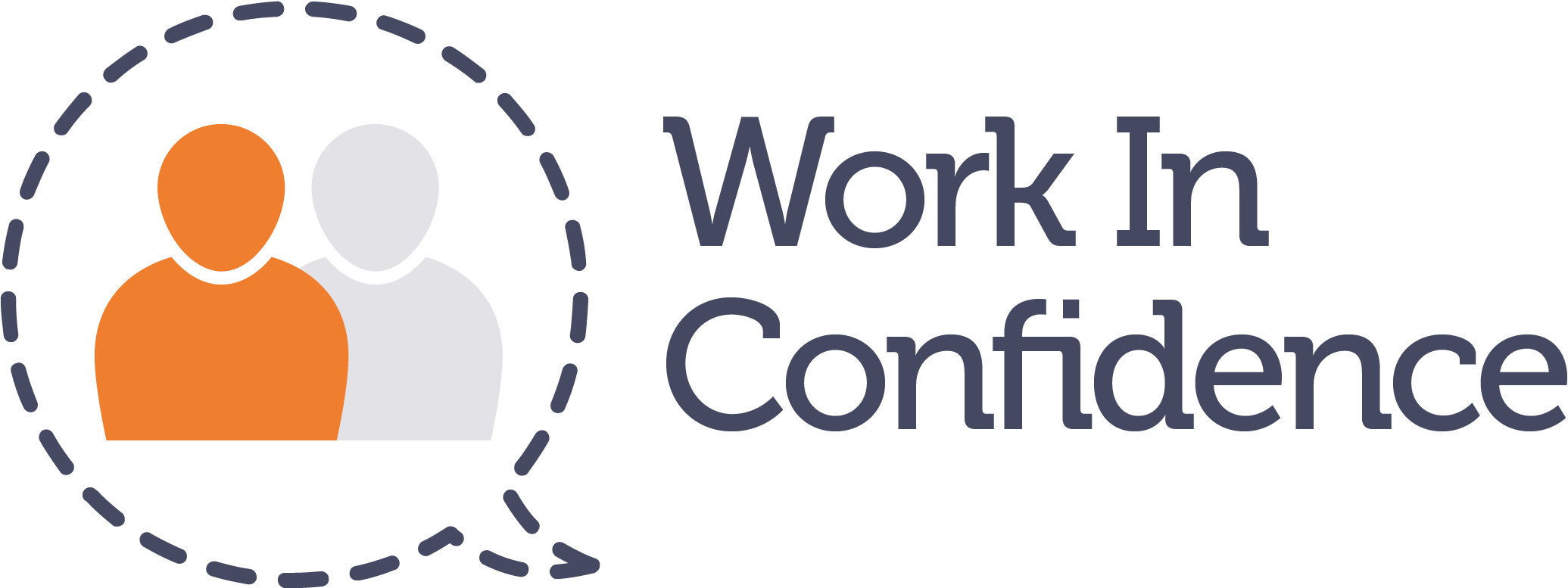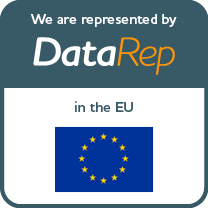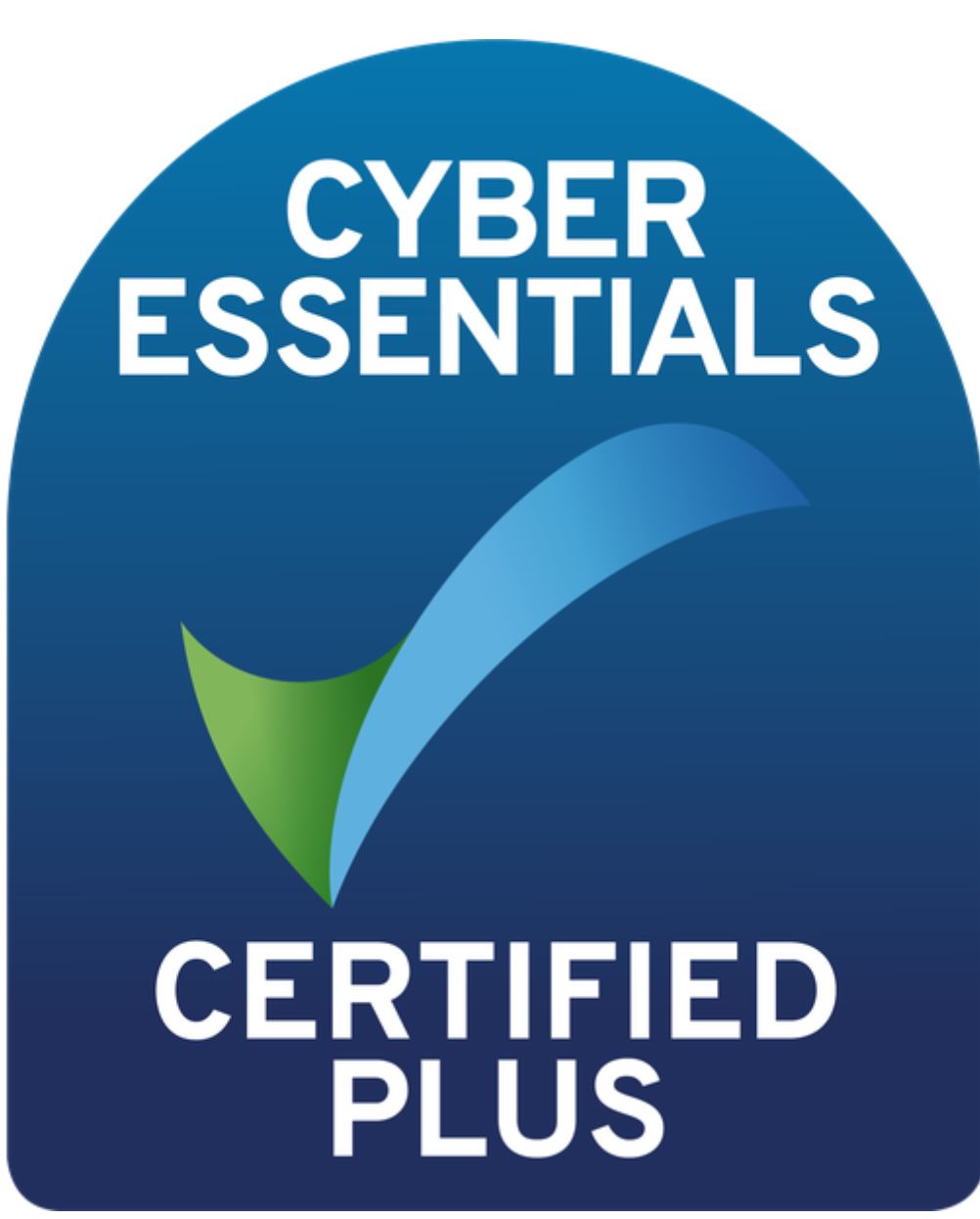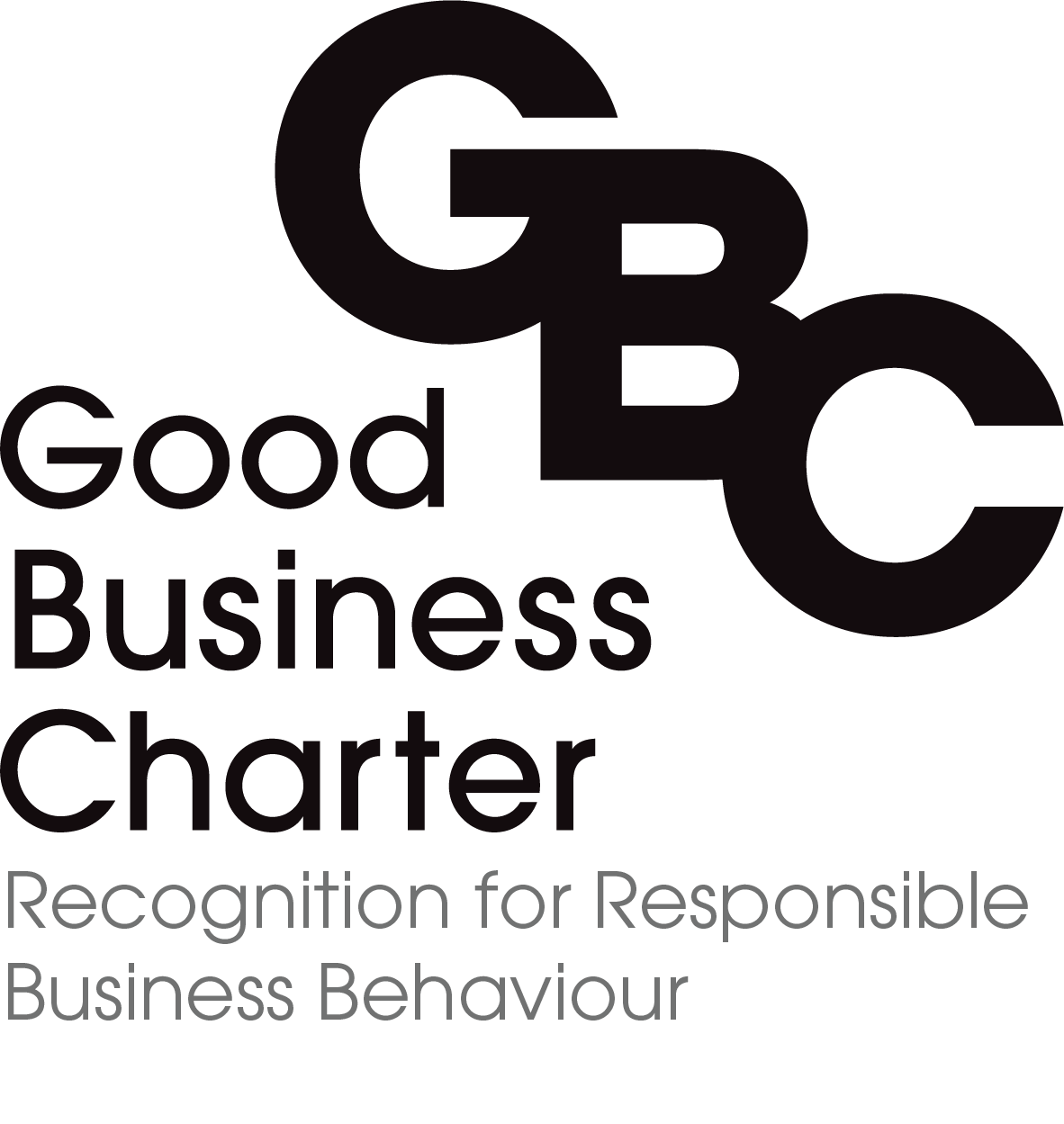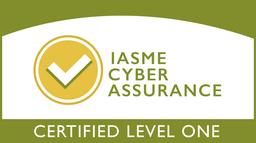
EHRC essential guidance to help create safer workplaces
The Equality and Human Rights Commission (EHRC) has introduced essential guidance to help employers create safer, more inclusive workplaces by preventing sexual harassment. This initiative aligns with employers’ legal responsibility under the Preventative Duty to proactively protect employees, marking a critical shift from reactive to preventative measures.
The duty also extends to addressing harassment by third parties, such as customers, suppliers, or contractors. Non-compliance can have serious ramifications, including increased tribunal awards – up to 25% higher – against employers found in breach.
Anonymous Speak Up channels: A strategic imperative
- Encouraging transparency: Employees are more likely to report issues when they feel they are protected from retaliation.
- Identifying patterns: Anonymised reports enable employers to detect recurring problems and take corrective action before issues escalate.
- Demonstrating commitment: The presence of an accessible, confidential, trusted reporting channel reflects the organisation’s dedication to fostering a safe and respectful workplace.
Leveraging EHRC’s practical resources
To support the compliance with the Preventative Duty, the EHRC has provided adaptable tools, including a checklist, an action plan, and monitoring logs. While originally designed for the hospitality sector, these resources can be tailored to suit various industries, including office-based and remote work environments.
Key elements of the EHRC resources include:
- Communication with staff: Cultivating a culture of zero tolerance for harassment and promoting clear reporting mechanisms.
- Workplace safety: Proactively mitigating risks, such as poor imbalances or environmental factors, such as do your employees have to attend external events, conferences or training?
- Policies and procedures: Implementing and consistently applying comprehensive policies to address incidents swiftly and effectively.
- Training: All employees, managers and senior leadership to undertake training on what sexual harassment is, how to report it and how to deal with any raised concerns,
For non-shift workplaces, these tools can be adapted to workflows such as pre-meeting safety discussions and post-project reviews, ensuring relevance across diverse organisational structures.
Beyond compliance: Ensuring organisational practices
While the EHRC guidance is invaluable, it represents only the baseline. Employers must go further to ensure compliance and create truly safe environments.
Critical steps include:
- Conducting risk assessments: Identifying specific vulnerabilities and developing tailored solutions.
- Developing advanced reporting and case management systems: Establishing and promoting robust anonymous speak up channels to encourage reporting and build trust. Case management system for logging, reporting and spotting trends.
- Regularly review practices: Periodically evaluating and updating policies, training programs, and escalation protocols to maintain their effectiveness.
- Staff surveys: to gauge if you are in the right place and ensure you capture candid feedback.
How WorkInConfidence can help
Organisations committed to compliance and employee well-being must view these measures not as obligations but as opportunities to strengthen their workplace culture. By leveraging advanced reporting systems, like anonymous speak-up channels, staff surveys and case management, employers can:
- Safeguard their workforce
- Reduce legal and reputational risks
- Reinforce a culture of accountability and respect
Partnering with experts can further streamline these efforts, ensuring your organsation not only meets but exceeds Preventative Duty requirements. Now is the time to take proactive action—because safer workplaces are better workplaces.
In conclusion, creating a safer workplace with zero tolerance for harassment requires a proactive and comprehensive approach. Anonymous speak-up channels, when combined with regular staff surveys and case management systems, form the foundation for a culture of accountability, transparency, and respect. These tools enable early detection, effective resolution, and continuous improvement, ensuring that every employee feels valued and protected. By implementing these measures, organisations can go beyond compliance to foster trust and build an inclusive workplace where harassment has no place.
Together, these strategies pave the way for a resilient and respectful organisational culture.
We would love to hear from you, book in a call to find out more.
